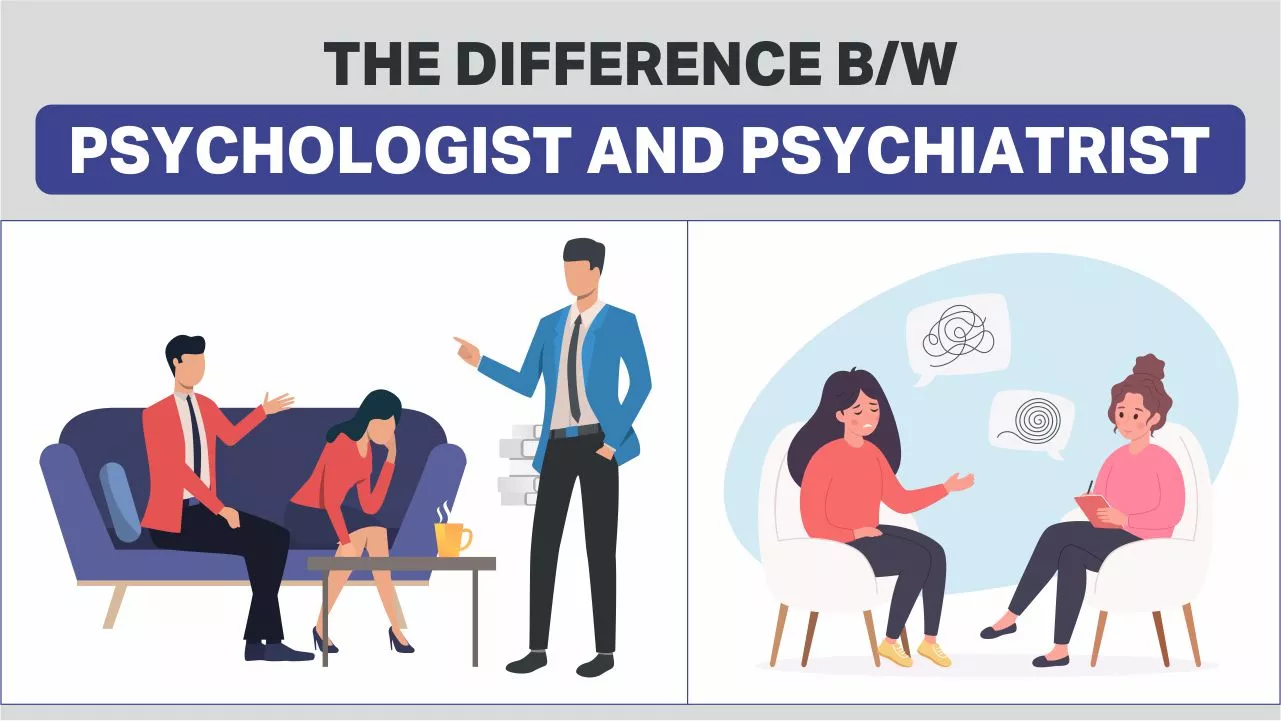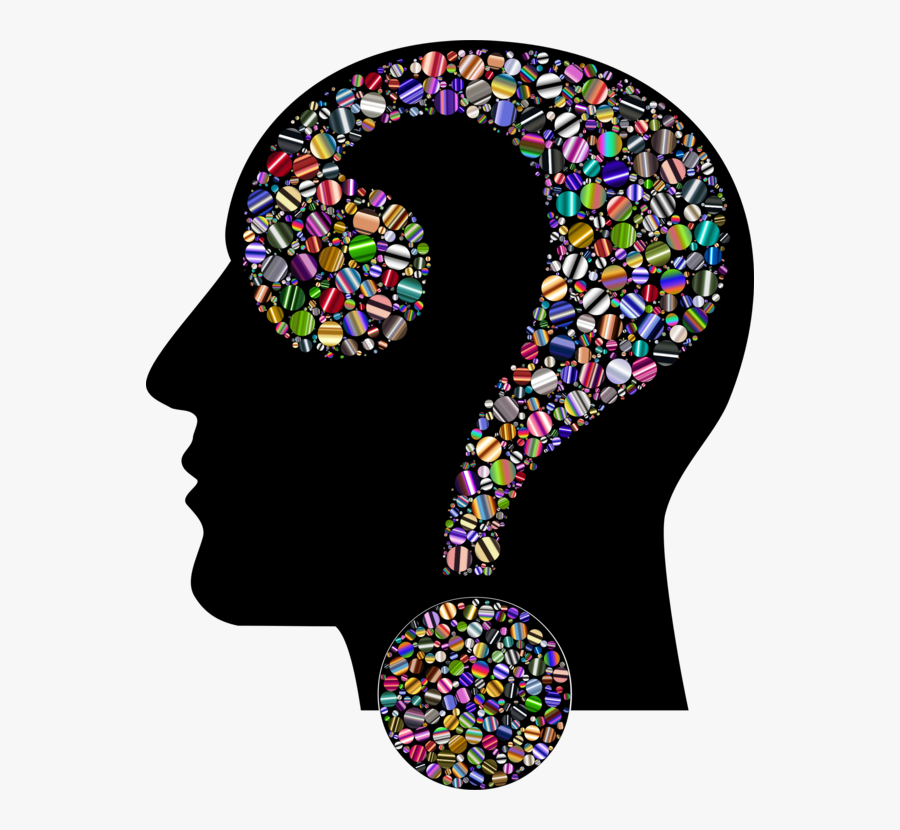Your Course to Healing: Insights from the Best Psychologist in Delhi
Your Course to Healing: Insights from the Best Psychologist in Delhi
Blog Article
Psych Therapy: A Comprehensive Overview to Outcomes and strategies

Cognitive-Behavioral Therapy
Cognitive-Behavioral Treatment (CBT) is a commonly used psychotherapeutic strategy that concentrates on determining and modifying useless thinking and behavior patterns. Developed in the 1960s by Aaron T. Beck, CBT combines behavioral and cognitive concepts to deal with different mental health concerns, consisting of depression, anxiety, and stress-related conditions.
Strategies such as cognitive restructuring, direct exposure treatment, and skill-building workouts are frequently utilized. Cognitive restructuring involves tough and modifying unfavorable thought patterns, while direct exposure treatment aims to reduce anxiety and anxiousness with gradual direct exposure to been afraid scenarios or things.
Evidence-based research sustains the efficacy of CBT for a large range of psychological problems - Best Psychologist in Delhi. Its emphasis on ability purchase and self-help techniques equips clients to proceed progress individually after therapy ends. The versatility and performance of CBT have made it a keystone in contemporary psychotherapeutic technique
Psychodynamic Methods
Rooted in the very early theories of Sigmund Freud, psychodynamic strategies focus on discovering the unconscious mind and its impact on behavior and emotions. These approaches aim to discover hidden ideas and sensations that may be driving maladaptive habits and psychological distress. Central to this method is the principle of inner dispute, frequently coming from unresolved previous experiences, particularly those from childhood years.
Therapists utilizing psychodynamic methods use numerous essential techniques, consisting of free association, where individuals are encouraged to speak easily to disclose subconscious material, and dream analysis, which translates the hidden web content of desires. Additionally, the expedition of transference and countertransference dynamics within the restorative partnership is crucial. These interactions can supply understandings right into the person's internal world and relational patterns.
Psychodynamic therapy is usually longer-term contrasted to other modalities, providing a thorough and deep understanding of the person's subconscious. Research shows that it can be particularly effective for complex mental health issues, such as personality disorders and chronic depression. By fostering self-awareness and psychological understanding, psychodynamic treatment looks for to bring subconscious material to consciousness, enabling individuals to attain meaningful and lasting adjustment in their lives.
Humanistic Strategies
Structure on the foundations laid by psychodynamic approaches, humanistic techniques supply a distinctive viewpoint concentrated on individual potential and self-actualization. Stemming in the mid-20th century, these strategies focus on the fundamental goodness and growth possibility of individuals, emphasizing a holistic sight of human experience. Secret figures such as Carl Rogers and Abraham Maslow have actually dramatically affected this review therapeutic approach, which incorporates techniques like client-centered treatment and Gestalt treatment.
Client-centered treatment, developed by Rogers, plays an essential role in humanistic strategies. The therapist's function is even more of a facilitator than an authority, motivating customers to harness their inner resources for recovery.
Gestalt treatment, another crucial humanistic technique, highlights existing moment understanding and the assimilation of mind and body. By concentrating on the "present moment," clients get higher understanding right into their present feelings and actions. Strategies such as role-playing and directed visualization are often utilized to assist customers acquire a much deeper understanding of themselves, inevitably resulting in improved self-awareness and gratification.
Integrative Therapies
Integrative therapies stand for a synthesis of numerous therapeutic techniques tailored to satisfy the one-of-a-kind needs of each client. This technique recognizes the intricacy of human psychology and the complex nature of mental health problems. By integrating aspects from various colleges of psychiatric therapy-- such as cognitive-behavioral treatment (CBT), psychodynamic treatment, and humanistic strategies-- integrative treatments offer an even more adaptable and all natural therapy standard.
Practitioners of integrative therapy assess each client's specific needs, signs, and personal history to develop a customized treatment strategy. This customized approach improves the capacity for restorative success by addressing index the origin of mental distress and advertising general health. Strategies could include mindfulness exercises, cognitive restructuring, and emotional handling, each picked to target different aspects of the client's concerns.
Moreover, integrative treatments highlight the restorative relationship, watching the client-therapist bond as a critical part of efficient therapy. This connection promotes an encouraging atmosphere where clients really feel risk-free to explore and resolve their concerns. The flexibility of integrative therapies makes them ideal for a broad range of problems, including anxiousness, clinical depression, injury, and interpersonal problems, thereby raising their applicability and efficiency in varied medical setups.

Gauging Treatment Outcomes
Reviewing the efficiency of psychotherapy is critical for both clients and medical professionals site link to guarantee that the therapy is producing the wanted results. To achieve this, different methods and tools are used to determine therapy results methodically. Standardized analysis instruments, such as the Beck Anxiety Supply (BDI) and the Generalized Stress And Anxiety Problem 7 (GAD-7), provide measurable information on symptom intensity and changes in time.
Along with standardized tools, qualitative approaches like customer self-reports and medical meetings supply valuable insights right into the individual experiences and perceived development of customers. Regularly scheduled examinations, commonly at the beginning, axis, and end of treatment, aid in tracking the trajectory of improvement or identifying locations requiring adjustment.
Outcome measurement is not limited to sign decrease; it additionally encompasses functional improvements in everyday life, such as much better social connections, boosted job performance, and boosted total health. Modern advancements in digital health and wellness have actually introduced mobile apps and on the internet platforms that help with real-time monitoring and feedback, even more refining the assessment procedure.
Inevitably, a thorough strategy to gauging treatment results guarantees that restorative interventions are effective, efficient, and customized to satisfy the private requirements of clients, therefore maximizing the general restorative experience.
Conclusion
Psychiatric therapy offers a complex selection of methods targeted at addressing specific psychological health and wellness issues and boosting general well-being. Cognitive-Behavioral Treatment and psychodynamic techniques target subconscious influences and dysfunctional ideas, respectively. Humanistic methods concentrate on personal development and self-actualization, while integrative treatments combine numerous methods for customized treatment strategies. Assessing therapy results through qualitative methods and standard analyses makes certain a detailed understanding of performance, inevitably directing customers toward enduring psychological wellness enhancements.
From the structured technique of Cognitive-Behavioral Treatment (CBT) to the deep expedition of the unconscious in psychodynamic therapy, each technique brings one-of-a-kind advantages. Its emphasis on skill acquisition and self-help methods encourages customers to proceed progress independently after therapy wraps up (Best Psychologist in Delhi). Secret numbers such as Carl Rogers and Abraham Maslow have actually dramatically affected this therapeutic approach, which encompasses techniques like client-centered therapy and Gestalt therapy

Report this page